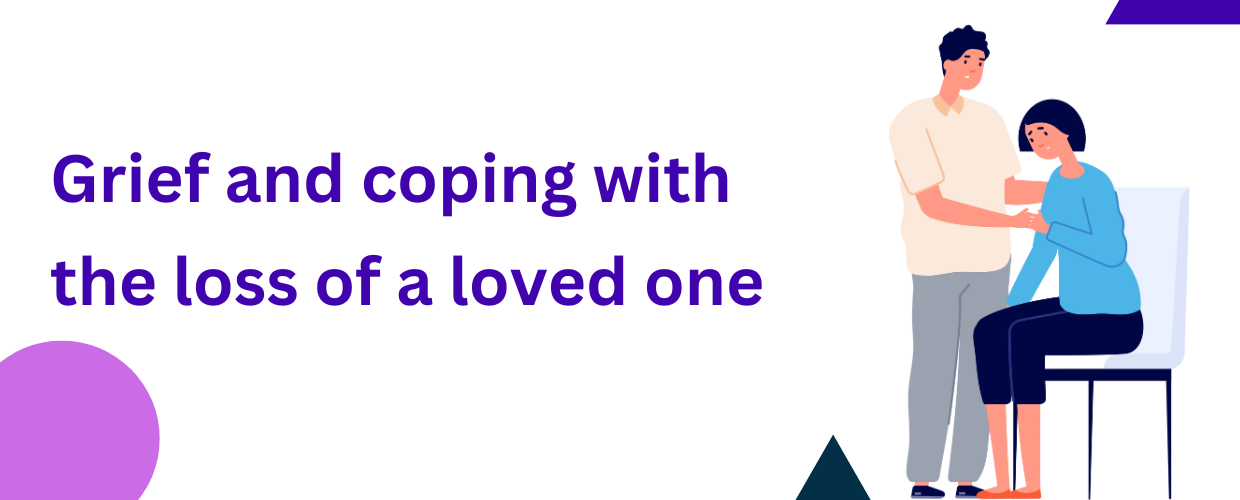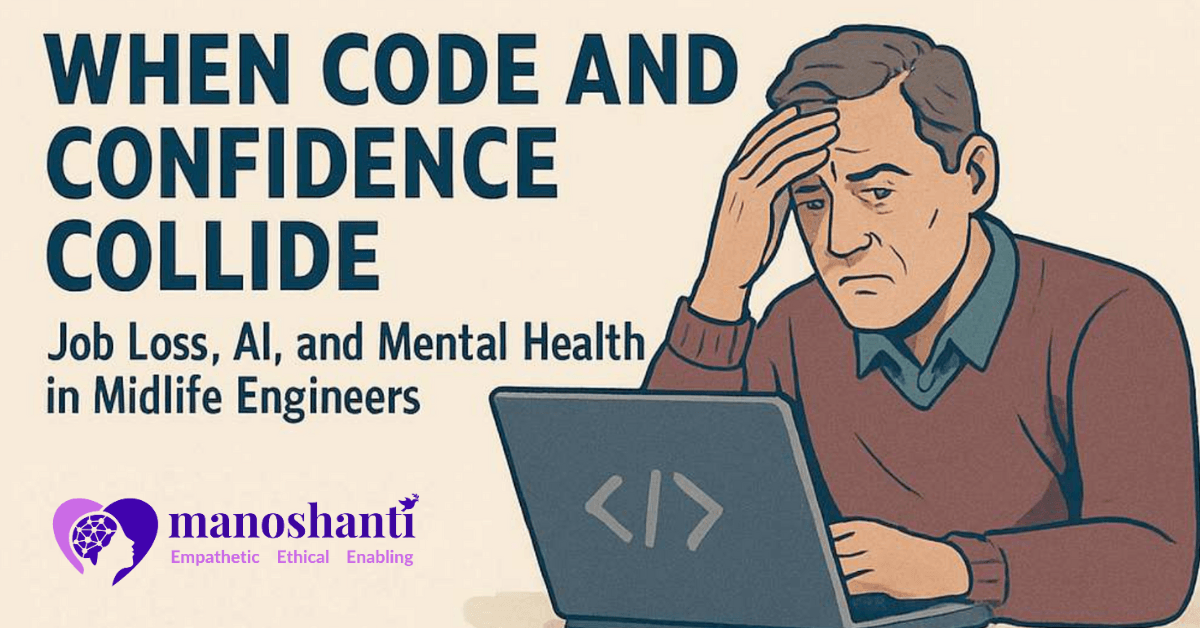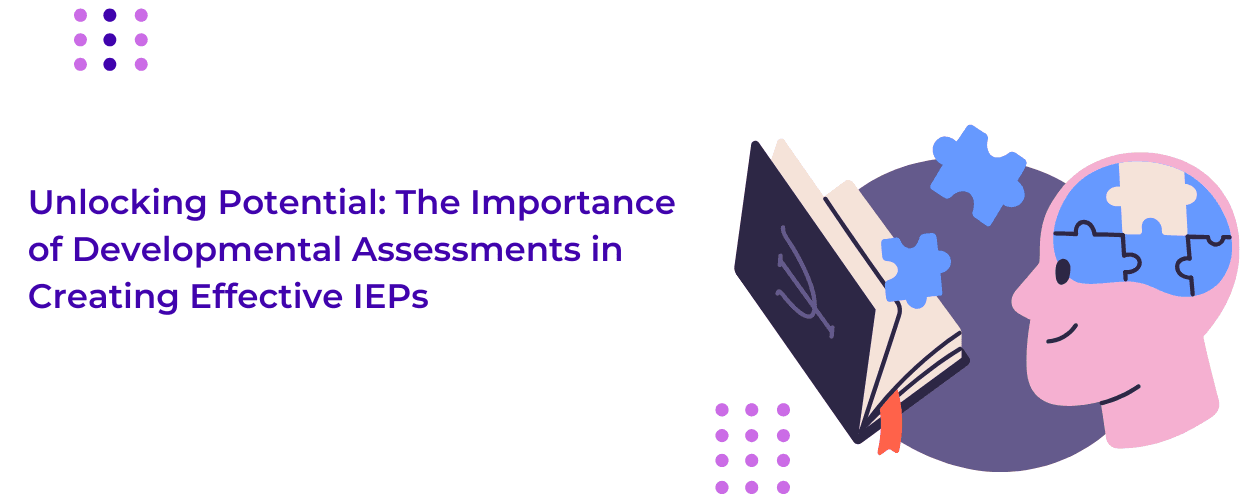Grief Case Examples:
I am 45 years old woman, feels sad most of the times. Every now and then I keep thinking about my daughter. She recently passed away while giving birth to her child. It was heartbreaking moment for me and my family. I cannot sleep at night nor I can continue my everyday household chores anymore. Whenever I am alone her thoughts keep revolving in the mind and I weep continuously. I find it difficult to come out of the pain. It is tough for me to accept the uncertain death of my daughter. I had consulted mental health professional, where I was prescribed medications for depression symptoms and counselling was done for managing my grief symptoms.
I am 15 years old girl and lost my dog recently. I feel deep sense of emptiness and sadness. I often end up in tears whenever I see his favourite toys. Nowadays I do not even like eating anymore nor I get any sleep. It is been 3 months, still unable to forget him. My mom told me we can bring new pet, but I do not want to do it now anymore. I get attached to pets easily. I thought I was the only one who is going through these things. Later, through my counsellor I got to know it is called as grief.
What is Grief?
Grief is a natural response to loss. It is the emotional suffering one feels when something or someone one loves is taken away. Often, the pain of loss can feel overwhelming. Grief may also take the form of regret for something lost, remorse for something done, or sorrow for a mishap to oneself. Normal process of Grief can last from six months to two years.
However, every individual experience grief differently. It depends how intensely and how long people grieve. Some express grief openly and deeply for years, and only slowly return to a semblance of their normal level of functioning. Still, others appear to get over their losses almost immediately, and to move on to new challenges and new relationships with such ease as to raise doubts among their friends and relatives as to whether they may be hiding something or running away from their pain.
Symptoms of grief:
Shock, Anger, Disbelief, Hopelessness, Guilt, Profound sadness, Regret, Loneliness, Anxiety, Depersonalization.
Stages of grief:
- Denial – It is hard to believe for the person that someone important has been lost and will never come back again.
- Anger- The person feels that it cruel or unfair where a loved or important person is taken away from them. Especially if the loss was in an unexpected way. It is common where a person feels angry towards lost person or themselves for doing or not doing certain things before the loss.
- Bargaining- Sometimes it is hard to accept the loss. Bargaining is when a person starts to make deals themselves. Person believes that if he/she act in particular ways he/she will feel better.
- Depression- Sadness and longing are what a person thinks most often when thinking of grief. The pain can be very intense. Life can feel like it no longer holds any meaning.
- Acceptance – Grief comes in waves and it can feel nothing will be ever right again. But slowly most of them find the pain eases, and it possible to accept what has happened. A person might never get over the loss, but learns to live again, keeping the memories of lost one.
Benefits of grief counselling:
The grief counselling reduces guilt, anxiety and depression. It helps people understand the grieving process and help them to invest themselves towards the current relationships, while accepting the loss. Grief counselling guides people to come back to their life like earlier without going through difficult feelings remembering the diseased person.






